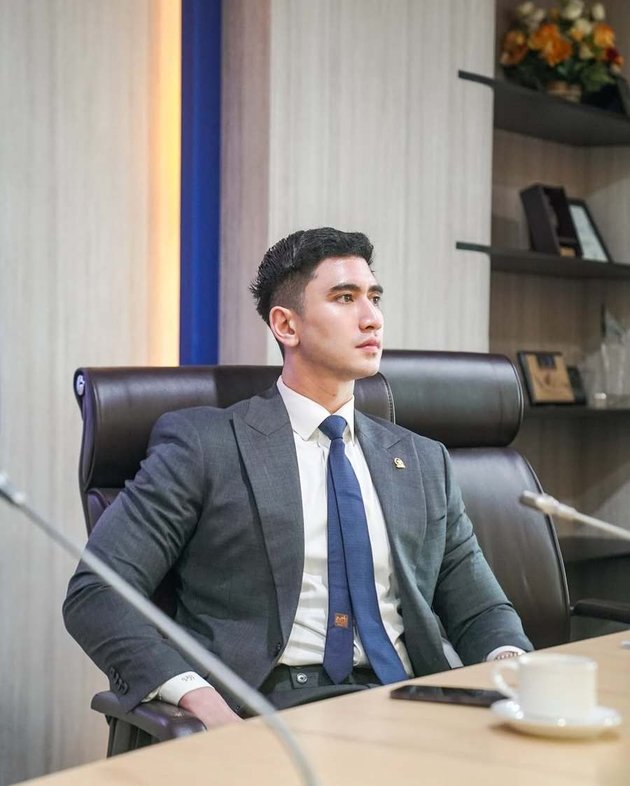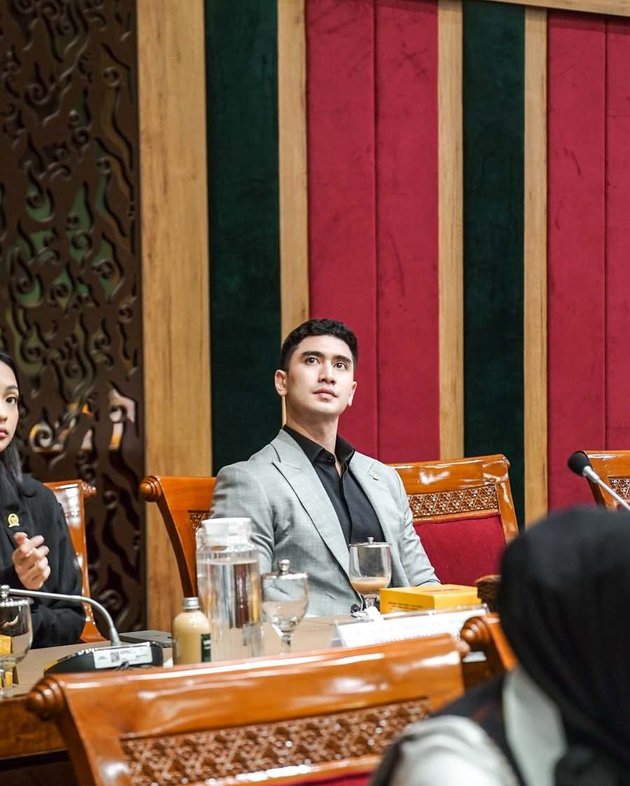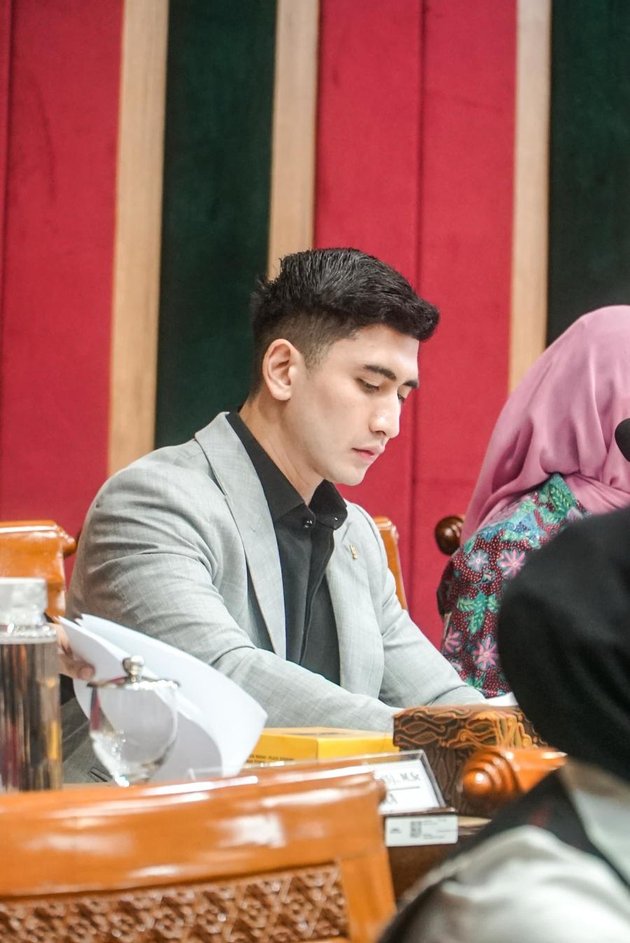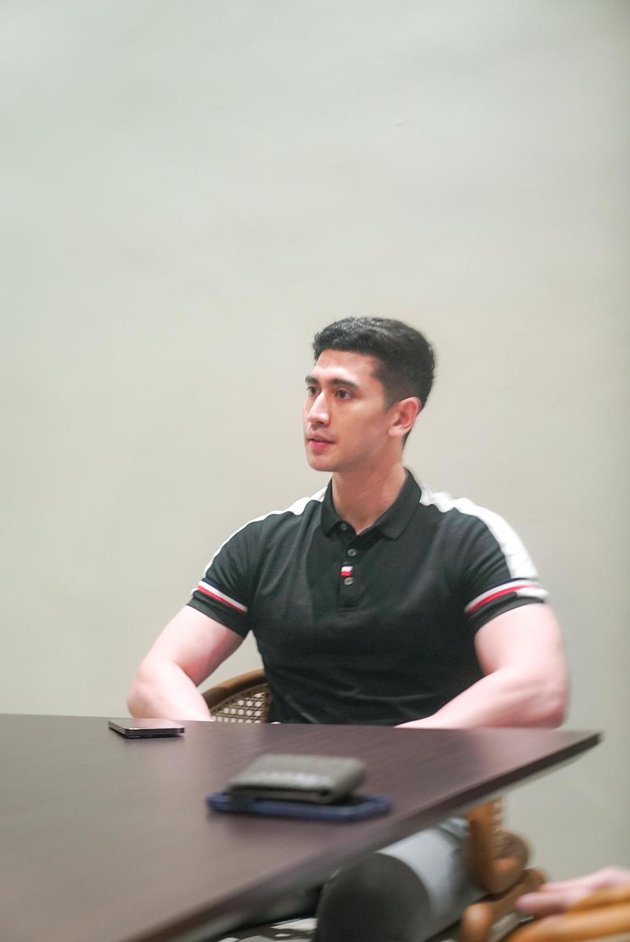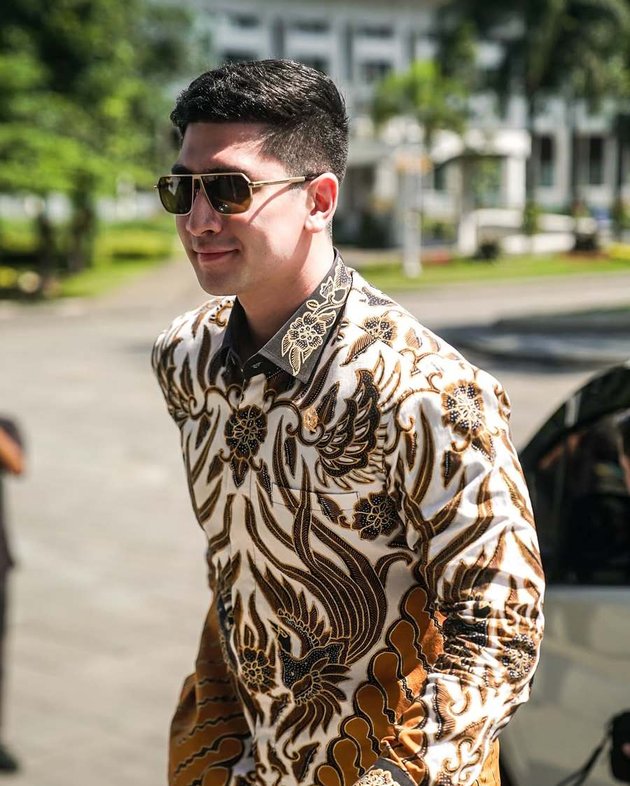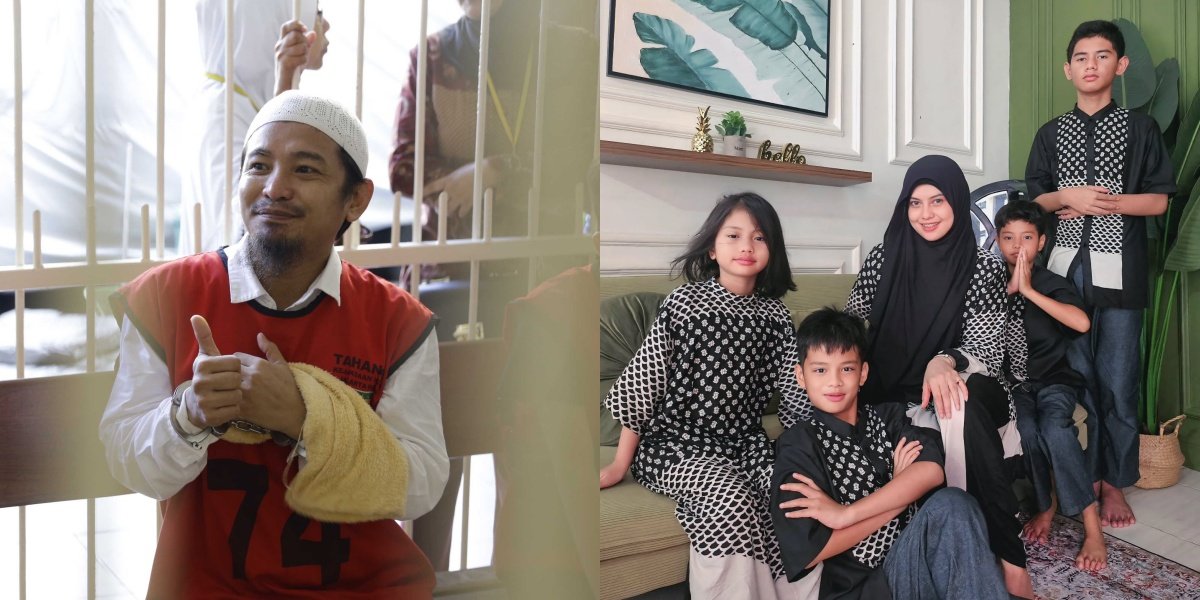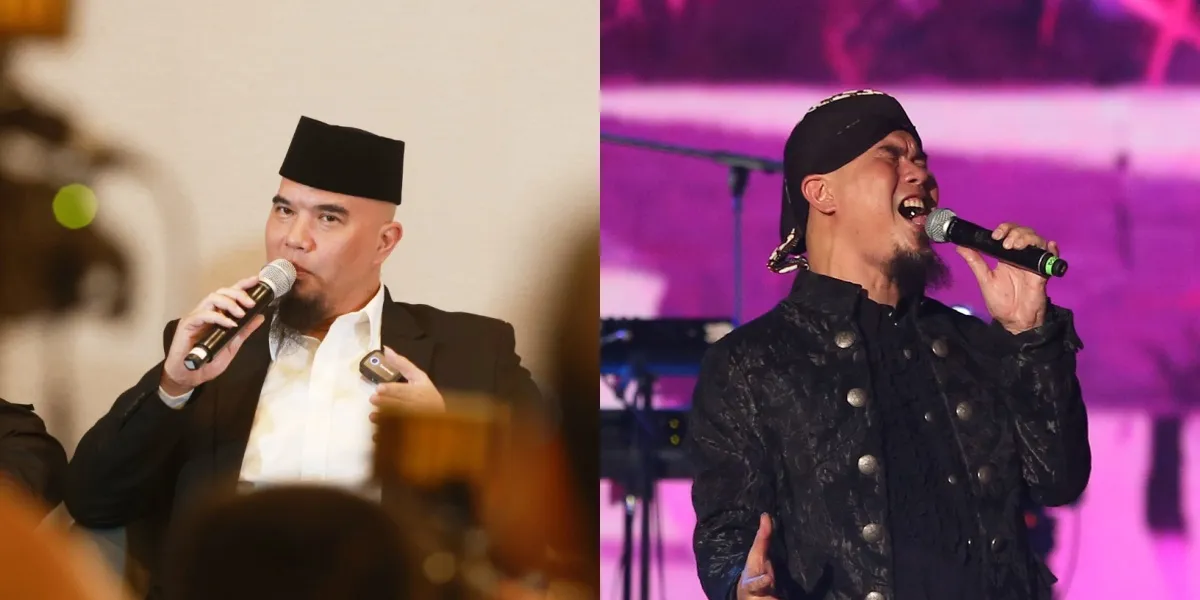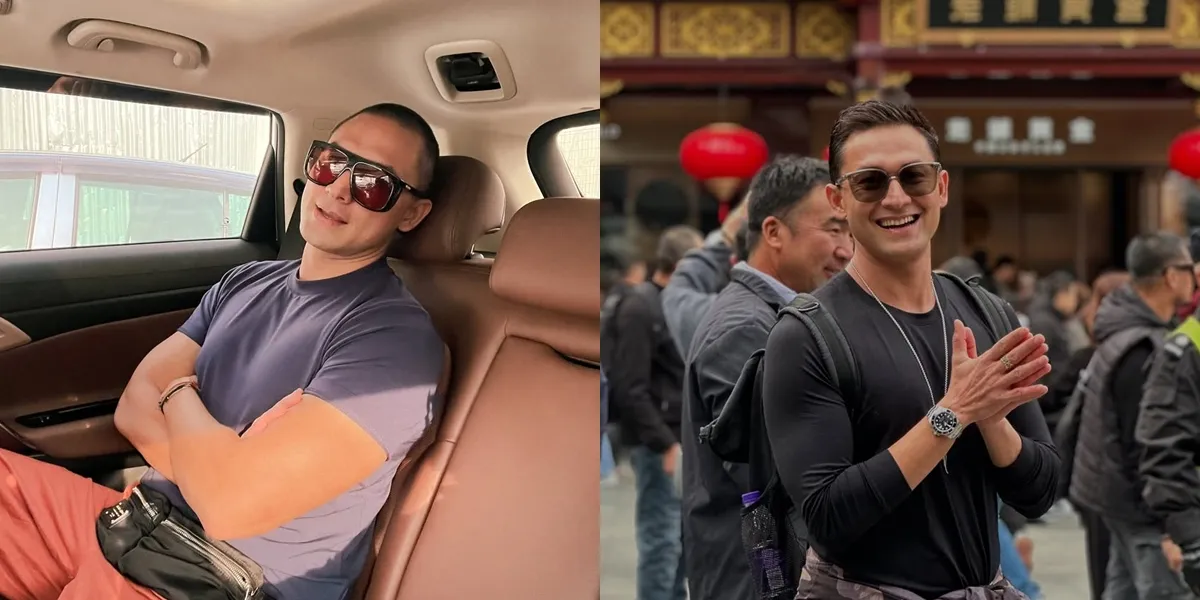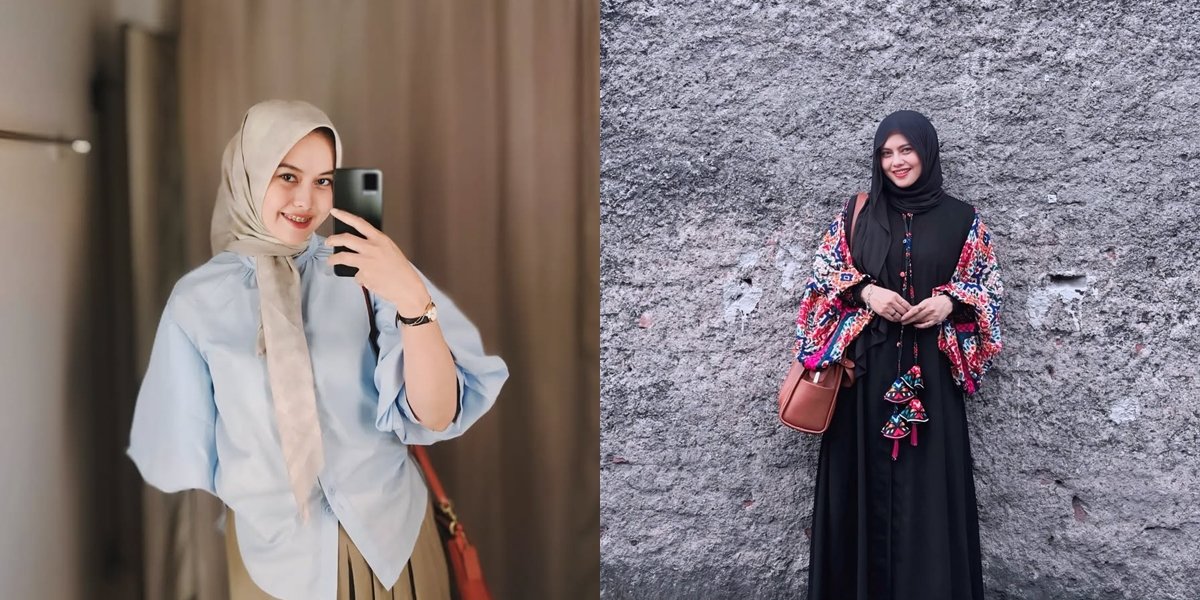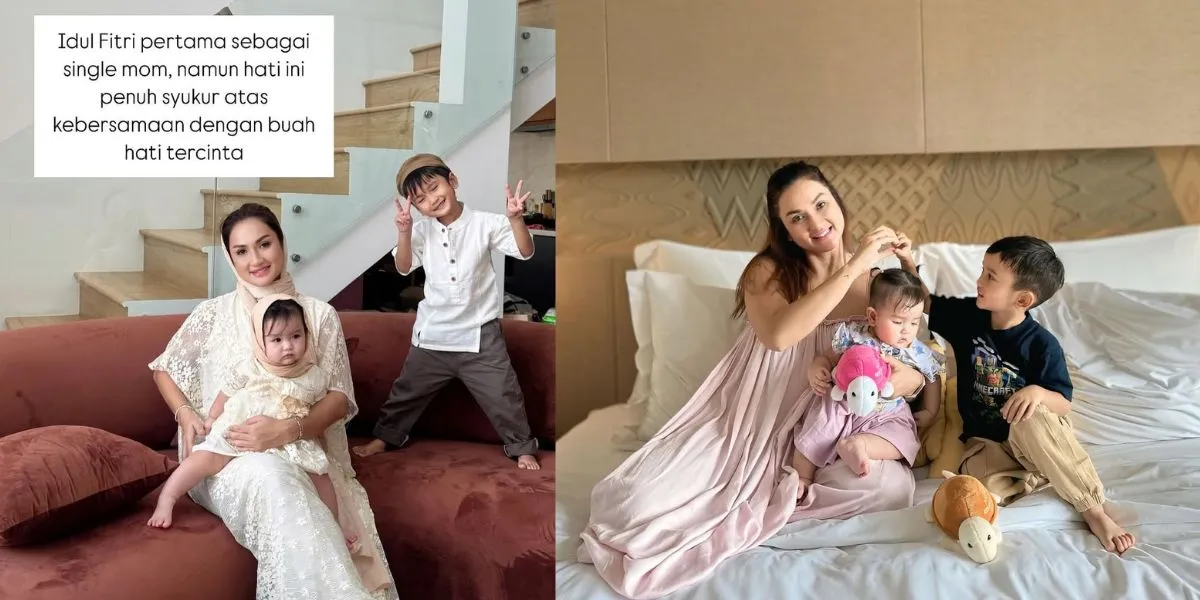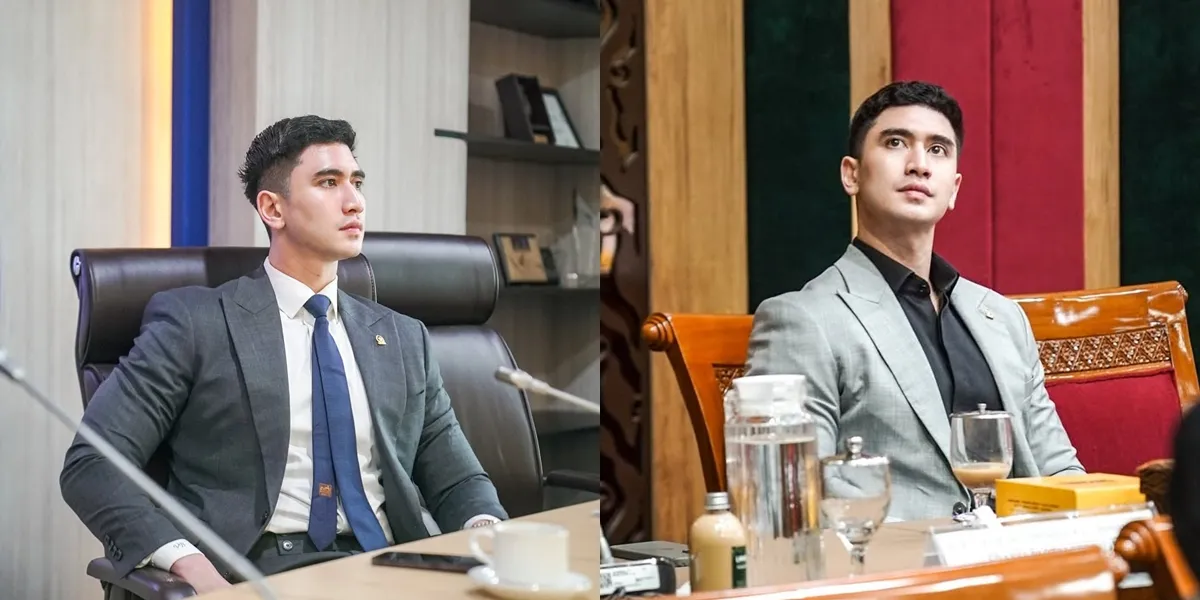
Member of Commission X of the Indonesian House of Representatives Verrell Bramasta speaks out about the discourse on student coaching with a military-style approach that has received both support and opposition. According to him, the approach in the world of education must prioritize humanity and be in favor of the students.
"Commission X has a supervisory function and voices aspirations, especially on educational issues that directly affect students' lives. Our duty is to oversee. And in this matter, we absorb a lot of input from the community that needs to be heard," said Verrell Bramasta when asked for his response. Here are the details.
